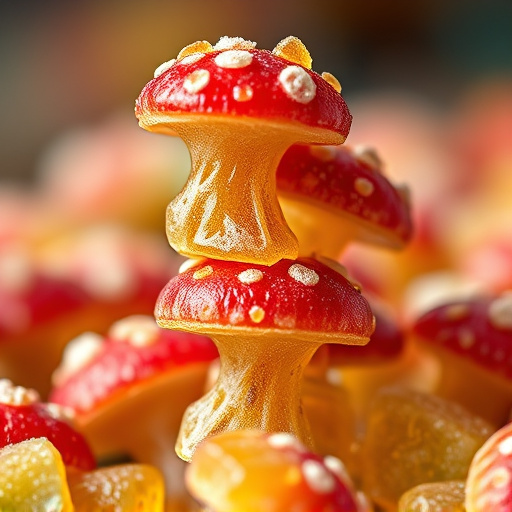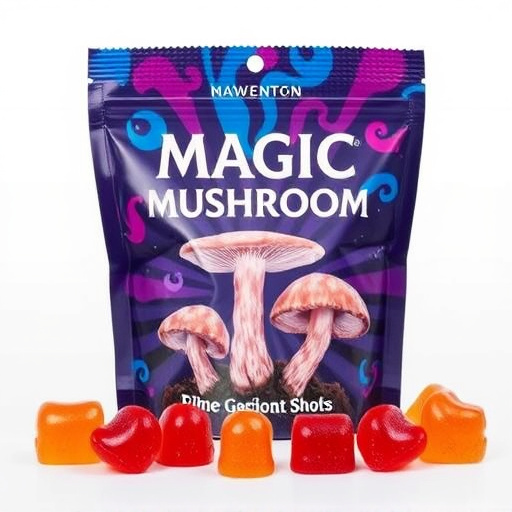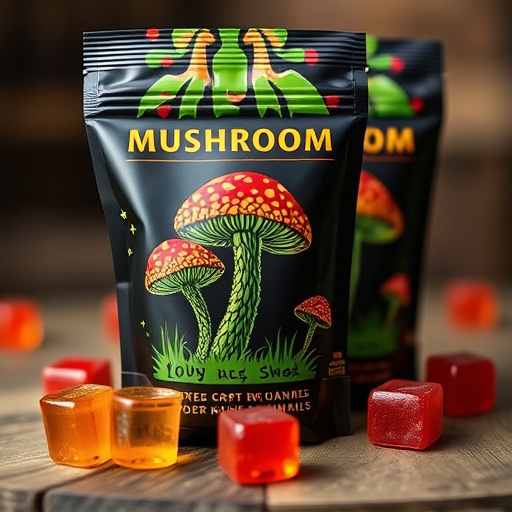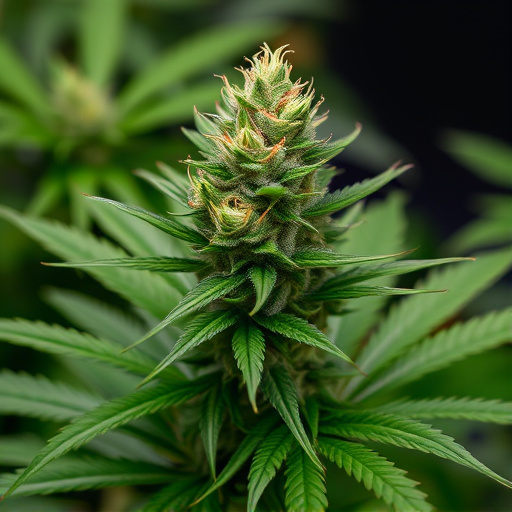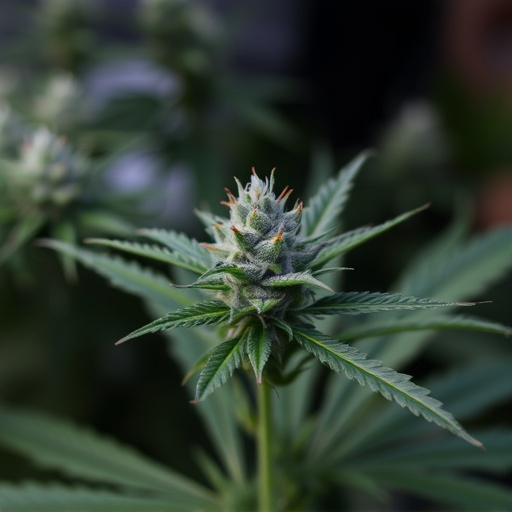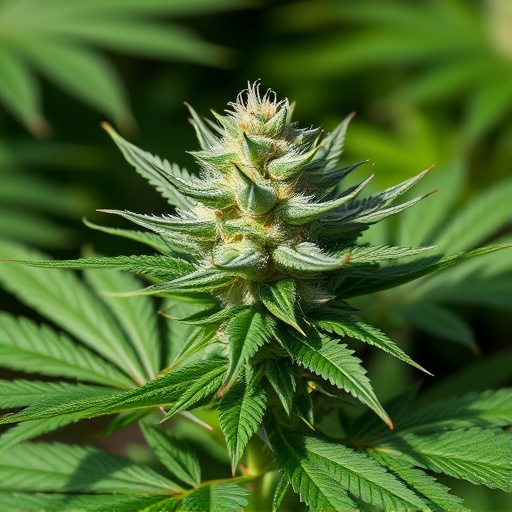Chronic marijuana use, especially with high THC content found in modern, low odor cannabis strains, can negatively impact mental health, increasing risks of anxiety, depression, and psychosis. These potent strains disrupt brain chemistry related to mood regulation, memory, and perception. The social context of use and tendency to self-medicate can exacerbate existing mental health issues, leading to dependency. Professional guidance is crucial for addressing underlying conditions rather than relying solely on marijuana. While some advocate for cannabis as a treatment, excessive use may trigger or worsen mental health conditions, particularly in young users.
“Unraveling the Effects of Heavy Weed Use: A Comprehensive Guide. Discover the multifaceted impact of excessive cannabis consumption on both mental and physical health. From its connection to anxiety and depression to respiratory and cognitive implications, this article delves into the potential risks. Moreover, explore how frequent use fosters dependence and tolerance, and learn about strategies for responsible consumption. Even with low odor cannabis strains, understanding these effects is paramount for informed decisions.”
- The Impact on Mental Health
- – Exploring the link between heavy cannabis use and mental well-being
- – Risks of developing or exacerbating conditions like anxiety and depression
The Impact on Mental Health
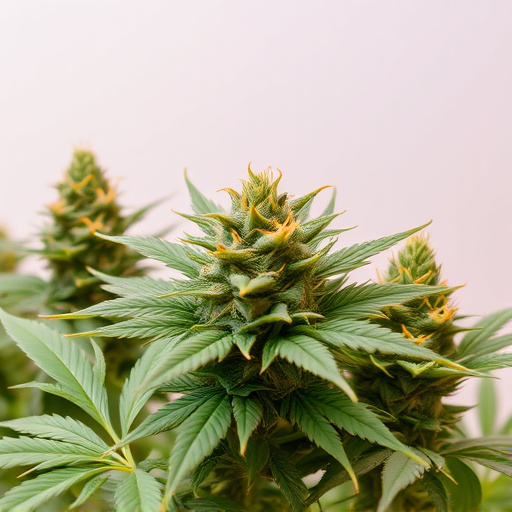
Chronic marijuana use, especially at higher doses or with potent strains like high THC content low odor cannabis strains, can significantly impact mental health. While occasional use may be less likely to cause issues, regular and heavy consumption has been linked to an increased risk of developing or exacerbating psychiatric disorders such as anxiety, depression, and psychosis. The effects on mental well-being are multifaceted. First, marijuana can alter brain chemistry by interacting with endocannabinoid receptors, which play a role in regulating mood, memory, and perception. Over time, this disruption may contribute to imbalances that affect emotional stability and cognitive functions. Additionally, the environment and social context in which marijuana is consumed can influence its mental health outcomes. Using cannabis heavily in stressful or unsupportive settings might compound feelings of anxiety or isolation.
Moreover, the desire to self-medicate with marijuana as a coping mechanism for existing mental health conditions can lead to a cycle of dependency. While some low odor cannabis strains are marketed as having calming or therapeutic effects, their use should be approached with caution and ideally under professional guidance. It’s crucial to recognize that addressing underlying mental health concerns often requires comprehensive treatment plans involving therapy, support groups, or medication, rather than solely relying on marijuana as a solution.
– Exploring the link between heavy cannabis use and mental well-being
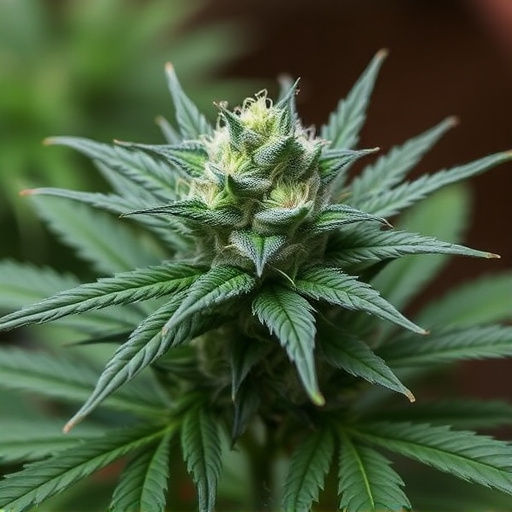
While the debate around cannabis continues, there’s growing interest in understanding the connection between heavy use and mental well-being. Studies suggest that frequent, heavy cannabis use—especially at a young age—may increase the risk of developing mental health conditions like schizophrenia, anxiety, and depression. This isn’t to say that every user will experience these issues, but it highlights a potential link worth exploring.
One factor to consider is the type of cannabis being consumed. Low odor cannabis strains, often favored for their subtle aromas and high THC content, may be particularly worrisome in this regard. These potent varieties can deliver a more intense high, which may increase the likelihood of negative mental health impacts, especially if used excessively. As such, recognizing both the strength of modern cannabis strains and the importance of responsible use is crucial when discussing its effects on our minds and overall well-being.
– Risks of developing or exacerbating conditions like anxiety and depression
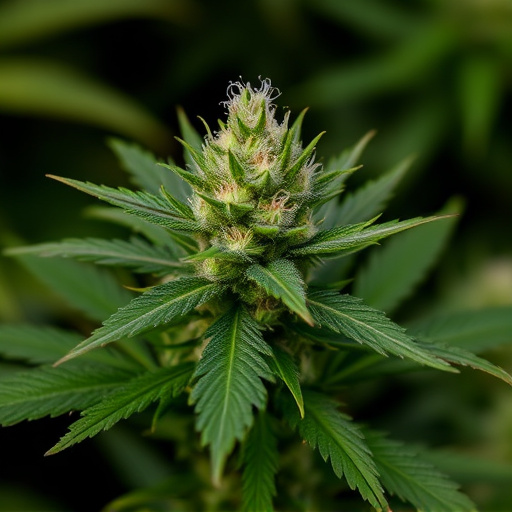
Chronic marijuana use, especially in higher concentrations found in modern, high THC strains, has been linked to an increased risk of developing or exacerbating conditions like anxiety and depression. While some may argue that cannabis offers relief for certain mental health symptoms, excessive use can actually trigger or worsen these issues. The impact is particularly pronounced with low odor cannabis strains, which often contain elevated levels of THC. These potent varieties can intensify emotional responses, making users more susceptible to feelings of paranoia, panic attacks, and heightened anxiety.
Moreover, regular consumption can disrupt the balance of neurotransmitters in the brain responsible for mood regulation. This disruption may lead to a cascade of negative effects, including persistent sadness, loss of interest in activities once enjoyed, and difficulties concentrating or making decisions. It’s important to be mindful that while cannabis may provide temporary relief for some individuals, it should not be relied upon as a primary treatment for anxiety or depression without professional guidance.
While occasional use of cannabis may not cause significant issues, smoking too much weed can have detrimental effects on mental health. The link between heavy cannabis consumption and mental well-being is clear, with studies indicating an increased risk of developing or exacerbating conditions like anxiety and depression. One way to potentially mitigate these risks is by opting for low odor cannabis strains, which may help reduce the psychological impact associated with potent, aromatic varieties. Remember that balance and moderation are key, and prioritizing mental health should always be a priority.


